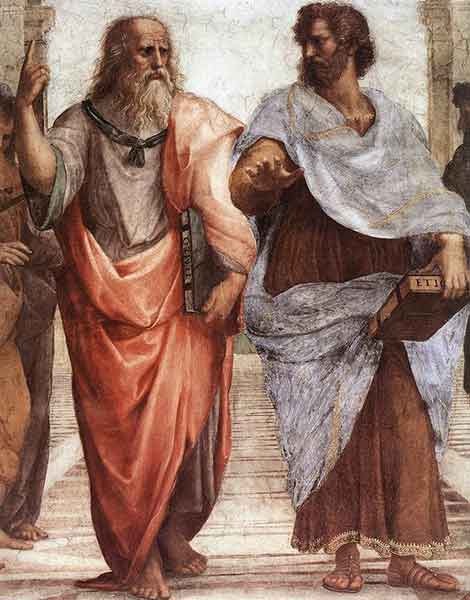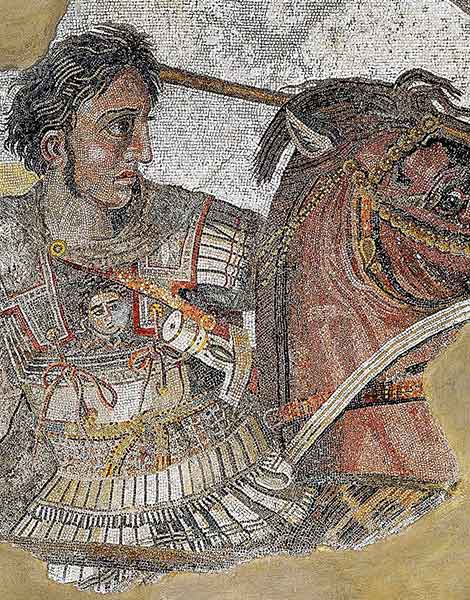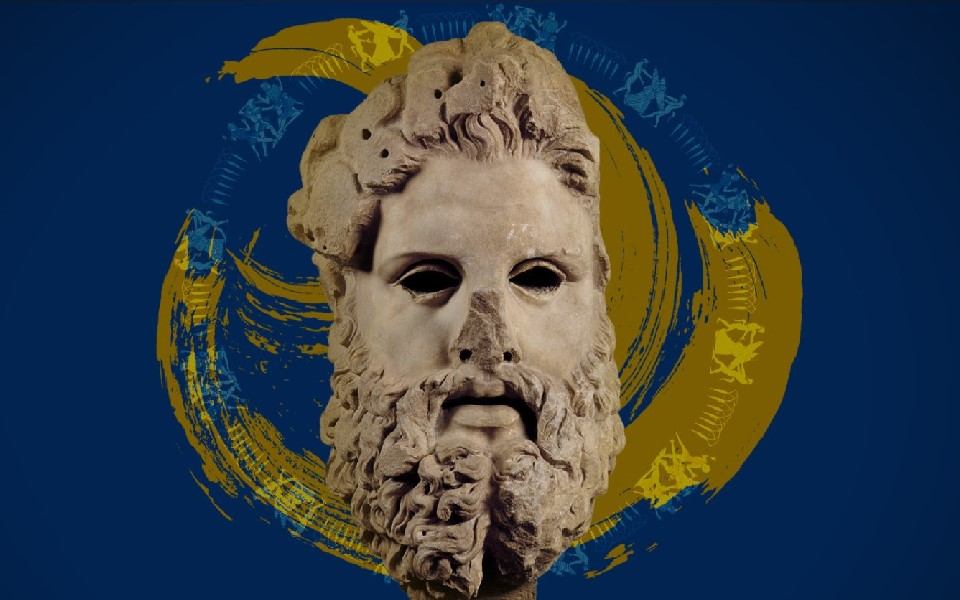“Open Horizons – Ancient Greek Journeys and Connections,” an exhibition comprising some of the most significant items from the prestigious National Archaeological Museum in Athens which tells the story of ideas, influences and connections that form and build communities, was recently on display at the Melbourne Museum. The purpose of the exhibition was to take visitors on a journey through ancient Greece, exploring “how the trade of ideas and goods influenced Greek culture, and in turn influenced the ancient world.”
It is important that we as Greek Australians make a contribution through our communities towards transmitting these ideas to mainstream Australian society, especially as we are living in a world facing challenges whose scope and magnitude are staggering for governments around the world which find themselves in unchartered waters, including our recently elected federal government. At the heart of the revival is the trade of ideas and goods as it emerged along the ancient Silk Road, a trade route that brought together an interaction of the splendid cultures of China, India, Persia, Arabia, Greece and Rome.
When one navigates through economic principles of philosophers that provided these foundations, Plato emerges to have built the case that division of labor is one of the cornerstones of connected communities as well as being one of the foundations of scientific analysis of a society that wishes to maximize its welfare by being an open society. This is because Plato argued that the citizens need to cooperate not only among themselves through specialization and exchange, but also beyond, with people from other cities. Thus he made the case in favor of free trade by arguing that to get merchandise (that was in short supply in the city) from others, one needs to pay them with merchandise that is in short supply in their place, and therefore it is necessary for our citizens to produce in excess of their own needs. His contribution in this area was by and large unsurpassed until the 18th century (Guang-Zhen Sun, J.G. Hulsmann).
Similarly, Plato asserts in “The Republic” that wealth is important to individuals and societies, because it gives people the freedom to choose to live a “just” life and facilitates higher levels of welfare and happiness, but does not guarantee it to the extent that addiction or improper attachment to wealth would produce decadent and idle behavior in the absence of a strong sense of morality. It is fair to say that Plato also had moderation as central in his thinking and that wisdom provides insights on the need to live harmoniously while remaining economically buoyant.
Plato’s student Aristotle saw happiness to consist in achieving, through the course of a whole lifetime, all the goods – health, wealth, knowledge, friends etc – that lead to the perfection of human nature and the enrichment of human life. This seems to be at odds with our definition of happiness in modern economics which is predominantly materialistic in its nature, especially in Western nations, and defines most economic policy-making decisions. In turn, Alexander the Great was also influenced greatly by the teachings of Plato and his teacher Aristotle – so much so that the Silk Road in antiquity became one of the strongest cultural connections between the East and West.

© Web Gallery of Art (public domain)

In antiquity, many Greeks migrated to new Hellenistic cities founded in Alexander the Great’s wake. The power of these cities was based on their ability to be connected more by language, culture and history than by law or a hierarchical relationship (Burn, 1948, and Plutarch, “Life of Alexander” and “Arian, Book II”) and Homonoia, the pursuit of order and unity, which had been a growing preoccupation among the Greeks for some time consistent with Xenophon’s statement that Homonoia was the greatest virtue inside a city, is known to have prompted Isocrates to use the word to urge Philip II of Macedon to unite the Greeks against the “barbarians” (De Mauriac, 1949). Alexander, Philip’s son, universalized the meaning of the word Homonoia. This approach was a significant contributor for Hellenistic cities in ancient times in the creation of social cohesion and the mobilization of diversity, and paved the way for globalization.
To this end, Alexander was also constantly informed by the scientists who followed him about all the ethnographic, geographic, zoological and botanical new encounters they came upon during the expedition to the East. His attention to the importance of the economy as a vehicle for the pursuit of economic unity is illustrated by his interest in the economic problems of the new empire, with the separate treatment of taxation and finance being “an absolutely original idea of Alexander’s” (Wilcken, 1967). He made further efforts to standardize the economy of the empire by reserving for himself the right of coinage in both gold and silver. In the process he internationalized commerce, because he believed that commerce unites people, and for this reason the use of a common currency became the means of commercial exchange amongst nations and people. These economic developments, together with the rise of kinship networks leading the way for safe intra-empire commerce, formed the basis of the Hellenistic period and an integral part of Alexander’s pursuit to universalize the meaning of the word Homonoia.
These are some of the key messages that were conveyed (among others) by the exhibition that was held in Melbourne, which also happens to be the Australian capital of the Greek diaspora.
Dr Steve Bakalis is a visiting research fellow at Central University of Finance and Economics in Beijing.
This article was previously published at ekathimerini.com.












